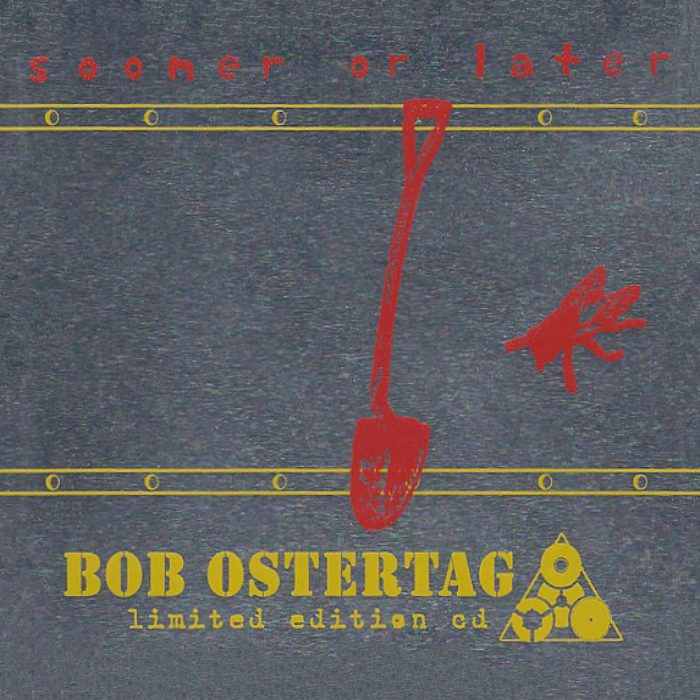The sounds in this piece come from a recording of a young boy in El Salvador burying his father, who had been killed by the National Guard. There is the sound of the boy’s voice, the shovel digging the grave, and a fly buzzing nearby. In Part 2, there is an additional sound from a 3-scond sample of the guitar playing of Fred Frith.
For the most part, the recording is played back with little electronic alteration or “processing.” Rather, the music is made by breaking the original recording into very small events, and stringing these events into musical structures, creating shapes radically different from the original. To use a film analogy, it is as if the frames of a film were re-ordered so that the characters do altogether different actions. Or you might imagine the source sounds as physical objects viewed from different angles. I have placed you not only at different positions around the object, but have made windows of different sizes through which you look, and occasionally curved the galls into lenses of various types.
The choice of sound source comes from my experiences during the 1980s, most of which I spent working in or around El Salvador. During that time I saw a lot of death. And in that culture, which is both Catholic and highly politicized, death gets surrounded with all kinds of trappings that are intended to make it heroic and purposeful. Death is explained as God’s will, or as irrelevant since the dead “live on in struggle.”
But most of the 70,000 who died were simply in the wrong place at the wrong time. They didn’t want to die. There was no plan, no glory. Of course, there are many Salvadorans who did die heroically fighting a brutal regime against overwhelming odds. But even for the heroes, there is a starker, more immediate side to their death. Sooner or Later is about that side. There is a boy and his father is dead. And no angels sang and no one was better because of it and all that is left is this kid and the shovel digging the hole in the ground and the fly. If we want to find beauty here, we must find it in what is really there: the boy, the shovel, the fly. If we look closely, despite the unbearable sadness, we will discover it.



